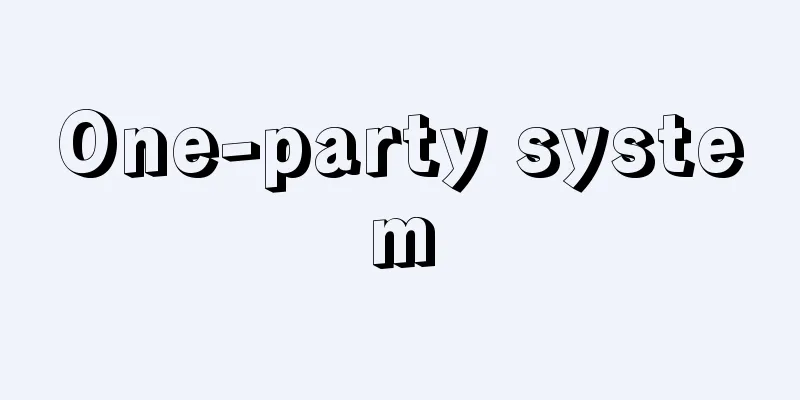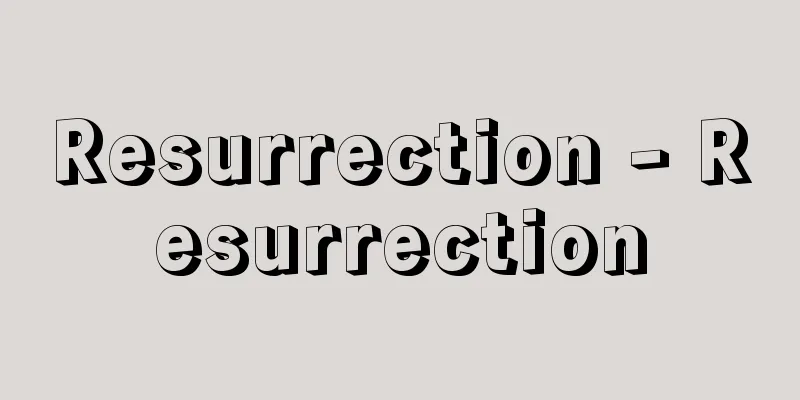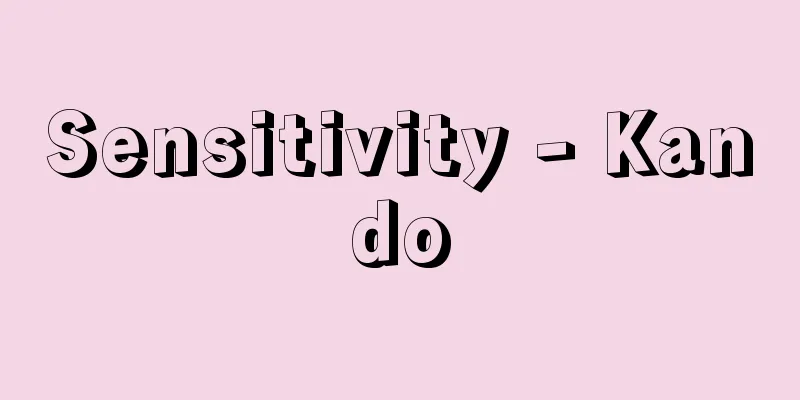One-party system

|
A dictatorial political system that does not recognize the existence of any political party other than the one currently in power. It is contrasted with the two-party system, multi-party system, or systems with separate smaller parties in the United States and the United Kingdom. It is often established after a revolution. Examples include the fascist system of Nazi Germany and the dictatorship of the proletariat in socialist countries. In newly emerging countries that have gained independence from colonies, one-party systems are often adopted in the process of nation building. → Related topics Party politics Source : Heibonsha Encyclopedia About MyPedia Information |
|
現に政権を握っている政党以外の政党の存在を認めない独裁政治体制。米国や英国の二大政党制,多党制,あるいは小党の分立する体制と対比される。革命のあとにしばしば成立する。ナチス・ドイツのファシズム体制や社会主義国のプロレタリアート独裁などはその例。また植民地から独立した新興国において,国家建設の過程で一党制が採られることも少なくない。 →関連項目政党政治 出典 株式会社平凡社百科事典マイペディアについて 情報 |
>>: First-order benchmark - Ittosuijyunten
Recommend
Keithel
Dutch architect and sculptor. Born in Utrecht, he ...
Kotomichi Okuma - Ookuma Kotomichi
Year of death: 29th July 1861 (15th September 1868...
Erica melanthera (English spelling)
… [Kei Yamazaki]. … *Some of the terminology that...
Big Dipper method
Also called Hokuto-ho or Hokuto-ku, this is a ritu...
Galanga - Galanga
…Such species include the following. Galanga H. c...
Pappus
...If there is a line l and a figure D on a plane...
Imperial envoy of the nobility
...This refers to the temporary taxes levied by t...
Finch (Japanese bush warbler) - Finch (English spelling)
A general term for birds of the family Finchidae (...
Inugashi - Inugashi
It is an evergreen small tree of the Lauraceae fa...
Brickwork architecture
Architecture constructed with brick as the main ma...
Ajatasatru - Ajasa
(Transliteration of Ajātaśatru) King of the ancien...
hellebrin
...Interspecific hybridization is easy, and it is...
Main dormitory - Tonomori
A ritsuryo government office belonging to the Impe...
Crested flycatcher
...13 species), Pitangus (kiskadee, 2 species), M...
Eidaka
Also called Eizo and Eibetsu, this refers to the a...









